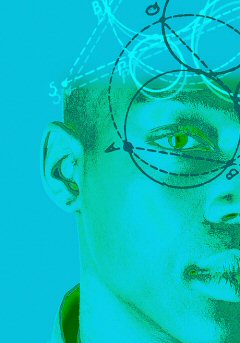
“It was blind luck,” say the researchers from the University of Texas Southwestern (UTS) who discovered a chemical that makes new neurons grow in the part of the brain that is integral to learning and memory. The discovery, made after researchers systematically and painstakingly infused each of 1,000 different chemicals into the brains of live mice, could point the way to new types of drugs for people with Alzheimer’s or other neurodegenerative diseases.
UTS researchers Steven McKnight and Andrew Pieper were inspired by evidence that the mammalian brain continues to add new neurons into adulthood. The question was whether there might be a way to encourage the growth of those cells in ways that could be beneficial.
The researchers’ initial drug screen in mice turned up eight contenders that appeared to support the formation of neurons specifically in the region of the brain known as the dentate gyrus. Of those eight chemical candidates, they focused their attention on one called P7C3, based on its other favorable drug properties.
Importantly, not only did new neurons form, but electrophysiological recordings also showed that processing in the dentate gyrus had been restored. “Sure enough, we had evidence that you can actually create new neurons that work,” McKnight said.
In the study, rats treated with P7C3 each day showed evidence of an increase in the formation of newborn neurons and significant improvements in their ability to complete standardized tests of learning and memory.
Key to the treatment’s success, says McKnight, is the protection of newborn neurons, as the normal process by which newborn neurons are incorporated into the brain as mature cells is a long and perilous one. “It takes a long time – two to four weeks – from the birth of a new neuron until it becomes functional,” McKnight said. “Most of them die along the way. P7C3 essentially seems to give newborn neurons better odds.” Determining the molecular target of P7C3 is the question that the researchers are turning their sights on next.
Related:
Cell phones reverse Alzheimer’s in mice
New target for mood meds
More Evidence For Brain Regeneration From Electro-Shock Treatment
Bone marrow transplant cures mental illness

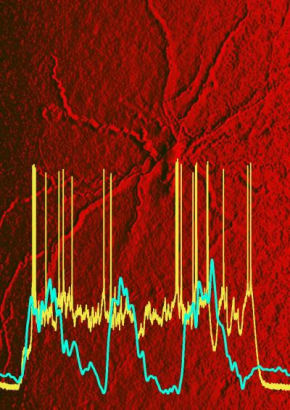


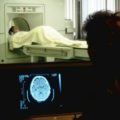






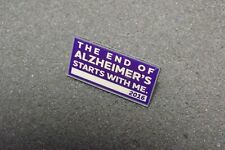

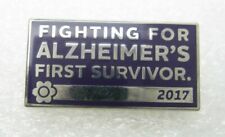




Comments are closed.